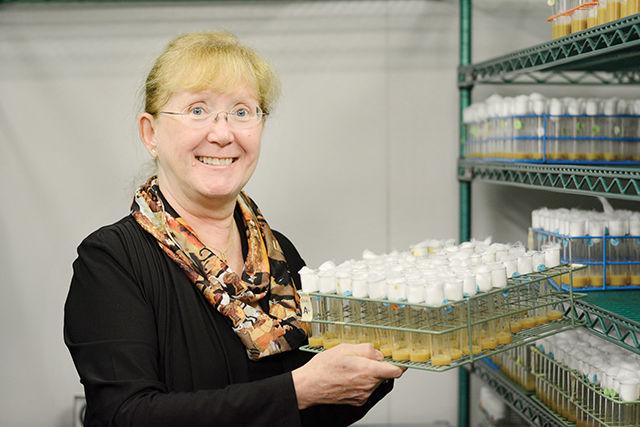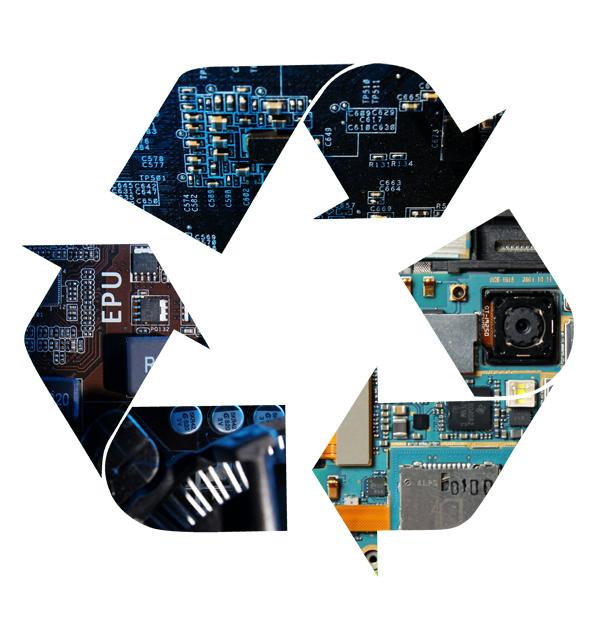From allowing us to breathe to helping fight infection, protein molecules keep us healthy, but research over the past several decades has shown that proteins only keep us healthy if produced in the right quantity.
Protein, a special type of molecule found in food and produced by the human body, plays a key role in our biological processes, but any more or any less of the right amount of different proteins, and we get different diseases.
Which diseases are caused by the over or under production of different proteins, though, has been the subject of a vast amount of research, especially at N.C. State.
For the past several years, Troy Ghashghaei and Jon Horowitz, both faculty in the Department of Molecular Biomedical Sciences, studied the role of a protein known as Sp2 which helps cells divide. Their results, which were published in the journal Development, showed that both an over and under production of Sp2 in stem cells were linked to the same types of problems.
Ghashghaei and Horowitz believe that these results can be used to create therapies for patients, especially for those with brain injury, cancer and diseases related to the nervous system.
The researchers became interested in Sp2 when earlier work by Horowitz showed an overproduction of the protein in mouse skin stem cells resulted in tumors.
Tumors are produced when a normal cell loses its ability to control its division to produce mature normal cell offspring, so there is an uncontrolled production of immature cells.
“It became clear at that time that Sp2 plays a role in the normal life cycle of a stem cell,” Horowitz said. “The problem occurs when there is an over or under production of this molecule, though.”
To study this phenomenon in depth, researchers used two different types of mice. One set of mice, known as transgenic mice, were genetically altered to produce an abundant amount of Sp2. The other set, known as knock-out mice, were genetically altered to produce no Sp2 at all.
“In the transgenic mice, we saw no symptoms right away,” Horowitz said. “However, when these mice and normal mice were exposed to carcinogens, the transgenic mice formed a lot more tumors when compared to their normal counterparts.”
It seems as though the over production of Sp2 makes certain cells more likely to develop tumors.
“In the knock-out mice, it was essentially the same story but with a twist,” Horowitz went on to explain. “If Sp2 production was stopped in all cells before birth, the fetus never even developed. This demonstrates how vital Sp2 is in cells. However, to circumvent this issue, we stopped production of Sp2 in certain stem cells in the brains of these mice.”
The results were similar to those of the transgenic mice. Stopping the production of Sp2 resulted in the permanent inability of the cells to mature and differentiate.
In light of this evidence, Horowitz believes that these results may be the key to unlocking a new realm of therapy for patients who have not been able to receive adequate treatment thus far.
“I believe these results will allow researchers to ask the right questions and potentially create new therapies in the field of cancer biology and regenerative medicine,” Horowitz said.
Asem Rahman, a master’s of physiology candidate, is optimistic that these results will open a new door to therapies in medicine.
“As a future physician, I think the need is greater now than ever for us to focus our research efforts on opening new gateways to treatments for some of our most pressing medical problems,” he said. “I’m glad NC State is actively involved in this and I look forward to treating my future patients with therapies that were developed right here at N.C. State.”




